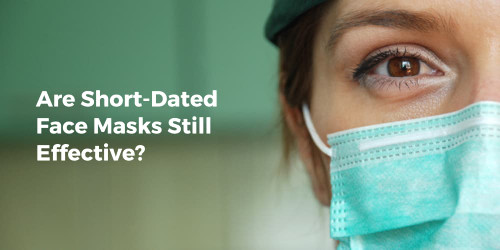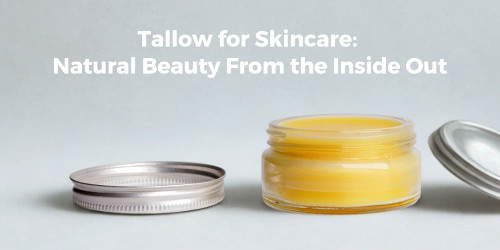What is personal hygiene?
Personal hygiene refers to the practices and habits individuals adopt to maintain cleanliness and promote overall health and well-being. By implementing personal hygiene practices, we can minimise the risk of infections and promote a healthier lifestyle. In this blog, we will outline five essential practices that can significantly improve personal hygiene.
Personal hygiene includes various aspects including but not limited to the following:
1. Hand hygiene
It is imperative that we practise good hand hygiene to prevent the transmission of germs. According to the Centers for Disease Control and Prevention (CDC), proper handwashing involves wetting hands with clean running water, applying soap, lathering for at least 20 seconds, and rinsing thoroughly. Dry your hands with a clean towel or air dryer. Proper hand hygiene should be practised before preparing food, after using the toilet, after coughing or sneezing, and after touching surfaces in public areas.
Shop soaps & hand towels, online
2. Dental/Oral hygiene
Maintaining good oral hygiene is crucial for overall health. Brushing your teeth twice a day for two minutes, using fluoride toothpaste, helps remove plaque and prevent tooth decay Additionally, flossing once a day helps remove food particles and plaque between teeth and regular dental check-ups every six months is also essential for preventing oral health issues.
Shop toothbrush, toothpaste, dental floss online
3. Bathing or showering
Cleaning your body or taking a bath every day helps keep the body clean and free from dirt, sweat, and odors. The Mayo Clinic suggests using warm water and a mild soap or body wash to cleanse the entire body thoroughly. Pay attention to areas prone to sweating, like underarms and groin, and ensure these areas are cleaned well. Also take note, individuals with certain skin conditions should consult their dermatologists for specific instructions.
Shop soaps & hand towels, online
4. Respiratory hygiene
Respiratory hygiene is highly essential especially during these times of contagious illnesses. The World Health Organization (WHO) encourages everyone to cover the mouth and nose with a tissue or the inner elbow when coughing or sneezing. Or use a mask when sick. This helps prevent the spread of respiratory droplets that may contain harmful pathogens. Dispose of used tissues and masks properly to prevent germs from spreading and minimise risk of infection.
Shop masks online
5. Cleanliness of clothing and personal items
Wearing clean clothes and practising proper laundry hygiene contribute to personal cleanliness. It is essential to wash clothes on a regular basis, especially items like underwear and socks, using warm water and detergent. Additionally, it is advisable to refrain from sharing personal items, such as towels or razors, as they can serve as breeding grounds for bacteria and contribute to the spread of infections.
Closing
By practicing good personal hygiene, individuals can reduce the risk of illness, maintain physical cleanliness, and contribute to a healthier environment. Remember, these practices are not only essential for your well-being but also contribute to the well-being of those around you.
References
- Centers for Disease Control and Prevention. (2020). Handwashing: Clean Hands Save Lives. https://www.cdc.gov/handwashing/index.html
- Mayo Clinic. (2021). Healthy Lifestyle: Adult health. https://www.mayoclinic.org/healthy-lifestyle/adult-health/in-depth/hand-washing/art-20046253
- World Health Organization. (2020). Coronavirus disease (COVID-19) advice for the public: When and how to use masks. https://www.who.int/emergencies/diseases/novel-coronavirus-2019/advice-for-public/when-and-how-to-use-masks
- Australian Government Department of Health. (2021). Personal hygiene. https://www.health.gov.au/health-topics/personal-hygiene















